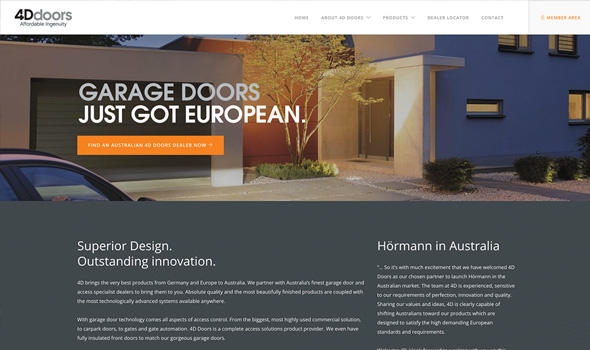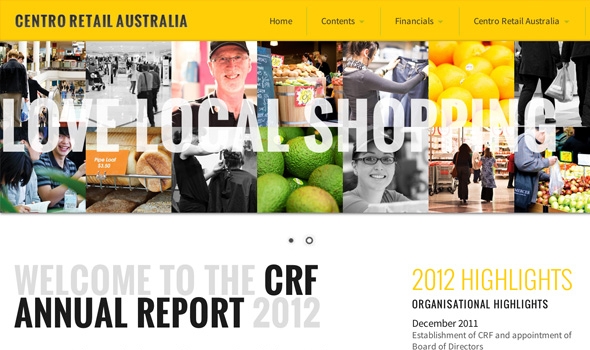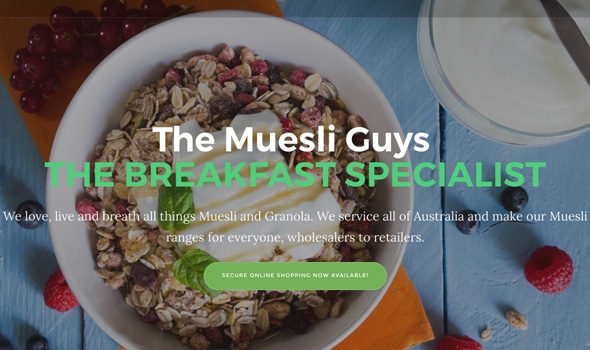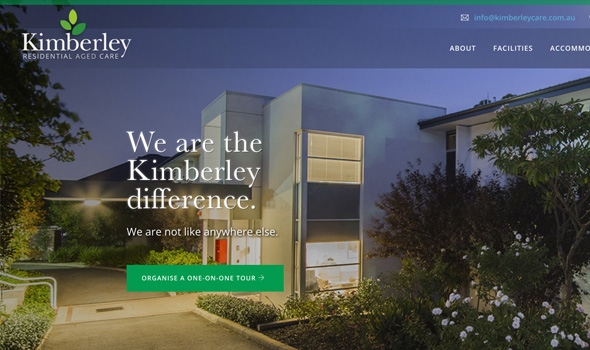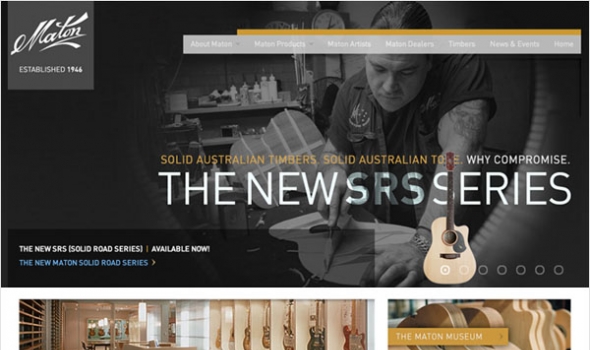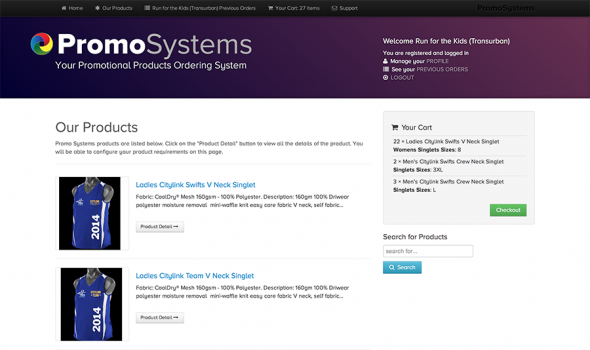
News: Craft CMS and caching
Optimising website performance, reducing server load, and improving the overall user experience
Craft CMS offers robust caching mechanisms that can significantly enhance the performance and scalability of your website. By intelligently caching dynamic content and optimising the delivery of static assets, Craft CMS ensures faster page load times and a smoother user experience. Let's explore how Craft CMS leverages caching and its benefits:
Page Caching
Craft CMS utilizes page caching to store the rendered HTML output of dynamically generated pages. When a user requests a cached page, Craft CMS serves the pre-rendered HTML directly from the cache without executing the entire page-building process. This dramatically reduces the server processing time, resulting in faster page load times for subsequent visitors. Page caching is particularly effective for pages that don't change frequently, such as landing pages, blog posts, and static content pages.
Template Caching
Craft CMS offers template caching, allowing you to cache the rendered output of individual template files. This feature is beneficial when you have complex templates that take time to render. By caching the template output, Craft CMS avoids executing the entire template rendering process each time a user requests the page. Template caching is especially useful for dynamic pages with some static or semi-static content, where parts of the page remain consistent across multiple requests.
Element Caching
Craft CMS provides element caching, which allows you to cache individual elements or queries. Elements can include entries, categories, users, and more. By caching frequently accessed elements or complex database queries, Craft CMS reduces the database load and speeds up subsequent requests for the same elements. Element caching is particularly valuable when you have dynamic content that needs to be updated regularly but can tolerate a slight delay in reflecting the changes.
HTTP Caching
Craft CMS supports HTTP caching mechanisms such as ETags (Entity Tags) and Last-Modified headers. These mechanisms allow the client's browser to cache static assets like CSS files, JavaScript files, and images. By specifying appropriate cache headers, Craft CMS enables browsers to store static resources locally, reducing the number of requests made to the server. This improves the overall performance and reduces the load on the server, resulting in faster page load times for visitors.
Cache Invalidation and Clearing
Craft CMS provides various methods to manage cache invalidation and clearing. You can configure cache durations for specific elements or templates, define cache keys, and programmatically clear the cache when necessary. Craft CMS also offers cache tags, allowing you to associate cache items with specific elements and clear those items when the associated elements are modified or updated. These cache management features ensure that stale or outdated content is not served to users, maintaining data integrity and accuracy.
Benefits of Caching in Craft CMS
- Improved Performance: Caching reduces server processing time and minimizes the need for repetitive database queries, resulting in faster page load times and improved website performance.
- Scalability: By reducing server load and optimizing resource usage, caching allows your website to handle higher traffic volumes and serve more concurrent users.
- Enhanced User Experience: Faster page load times and a smoother browsing experience contribute to improved user satisfaction and engagement.
- Reduced Server Load: Caching reduces the server load by serving cached content, leading to lower resource utilization and cost savings, especially for websites with heavy traffic.
- SEO Benefits: Faster page load times positively impact search engine rankings, as search engines prioritize websites that provide a better user experience.
Craft CMS's caching capabilities play a vital role in optimising website performance, reducing server load, and improving the overall user experience. By effectively implementing caching strategies, you can enhance the scalability, speed, and efficiency of your Craft CMS-powered website.
Story Group News
- Craft CMS and caching
- Craft CMS and Algolia Search
- Craft CMS and Cloudflare
- Craft CMS and Google Analytics
- Recovering your website
- Craft CMS plugins
- Securing Craft CMS
- We love Craft Commerce
- Why we choose to use Craft CMS!
- Responsive Emails
- Design = Conversion
- Maton Guitars
- We are all in this together
- Build Once - Deliver Everywhere.
- ExpressionEngine

